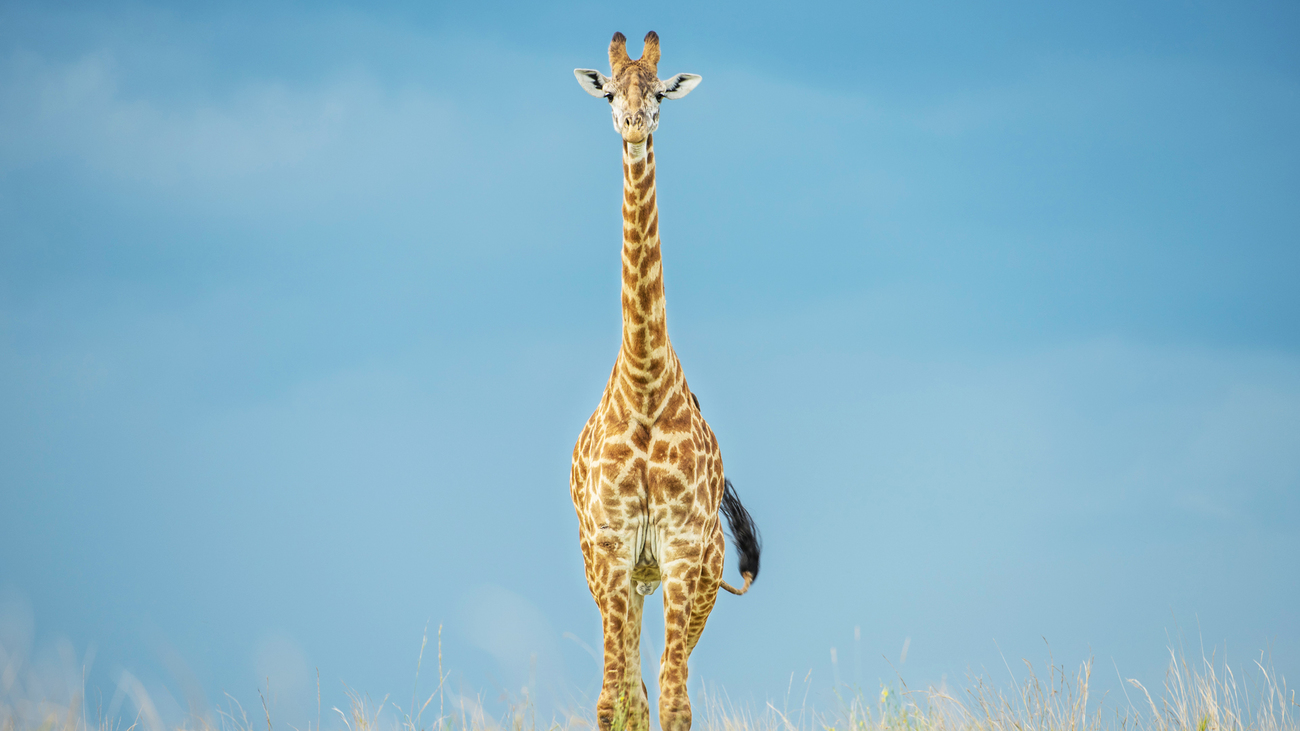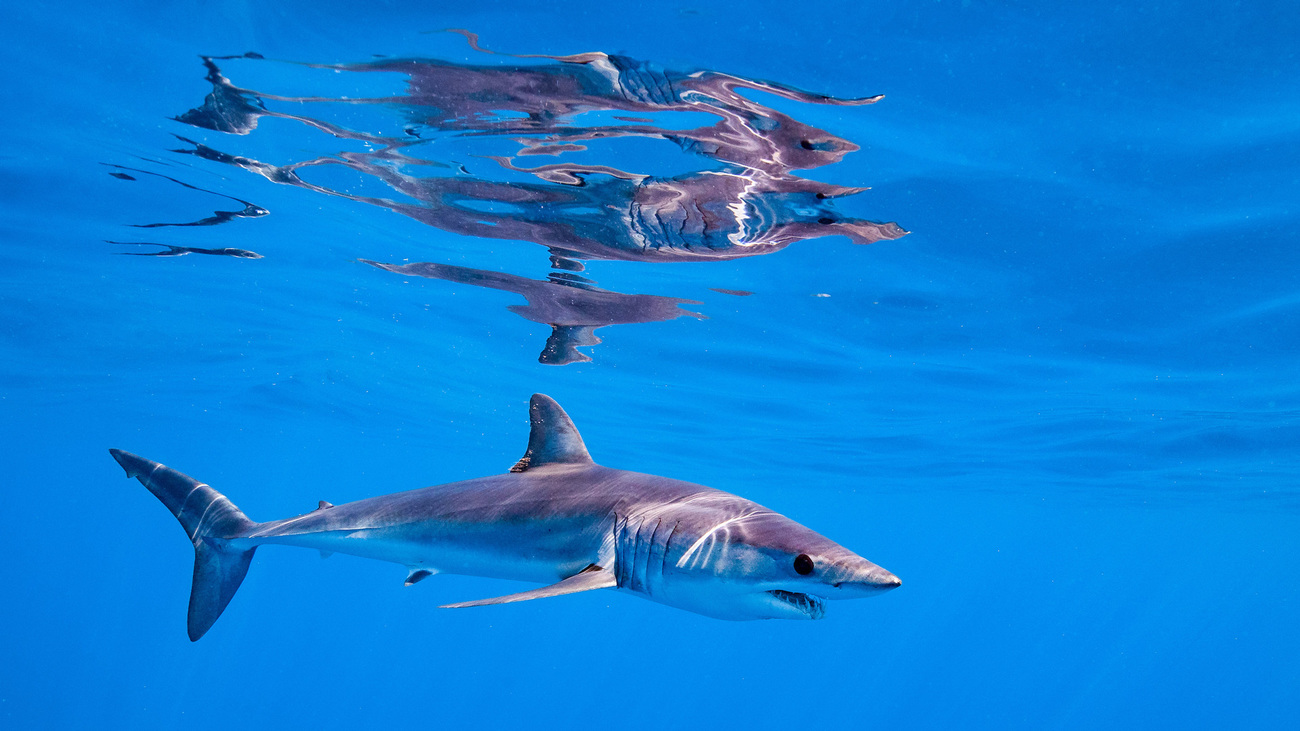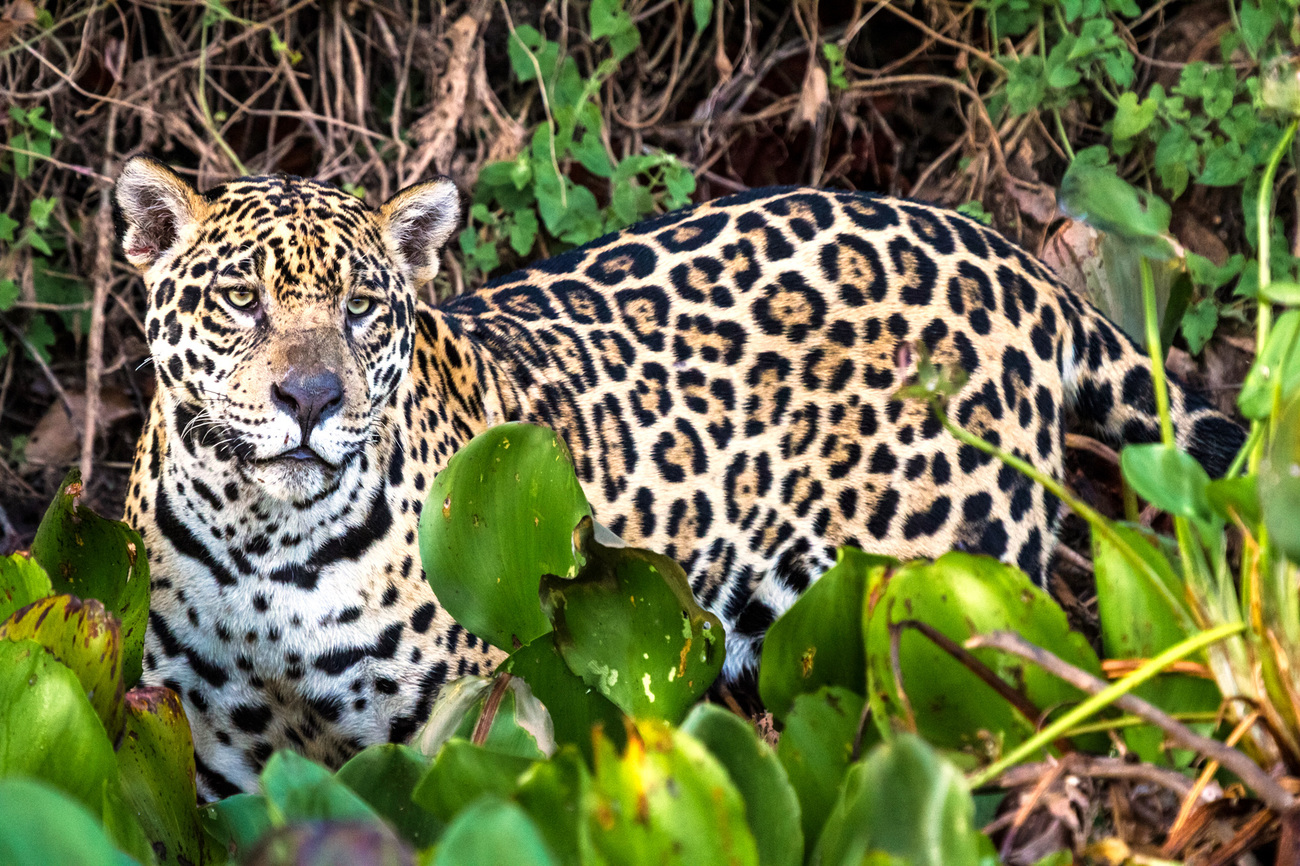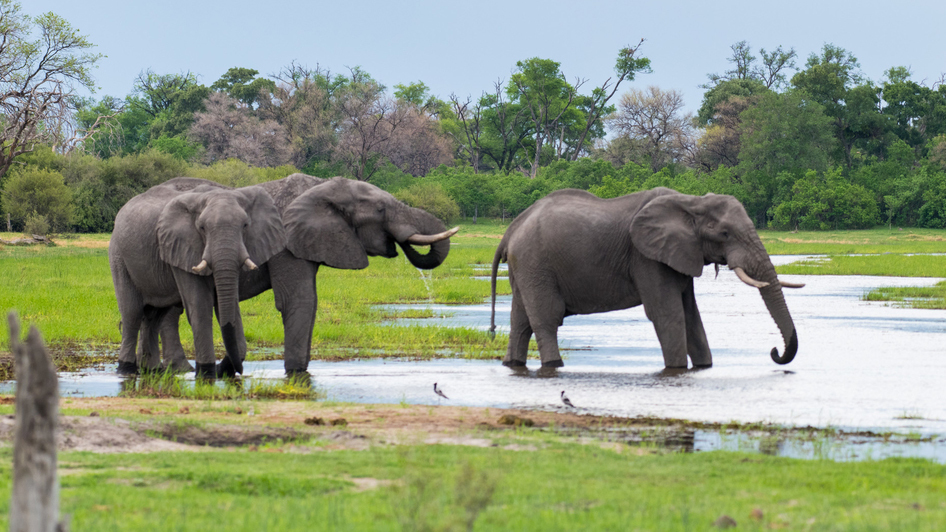international policy
international policy
At IFAW, when we talk about secure habitats for the places animals call home, we mean more than just security on the ground. We cannot be sure these habitats and species will be safeguarded over time unless both are adequately protected in law and policies. That’s why IFAW engages so actively in advocacy work, both nationally and internationally.
IFAW has long participated in the workings of multilateral environmental agreements (MEAs) to ensure their decisions are in the best interests of the world’s wildlife. The impact of the global pandemic in fiscal year 2020 has meant that many of these meetings are taking place virtually or are postponed. However, despite these challenges, IFAW’s vital international policy work continues; lending our expertise in supporting partners, governments, and other decision-makers to implement agreed work and continuing to advocate positive change for some of our most vulnerable species.
increased protection for shark and ray species
Important new protections under international law were awarded for a number of IFAW priority species at key global policy forums in fiscal year 20. These included a major conservation win for many endangered species of shark and ray, some at the tipping point of extinction due to the scale of international trade in their fins and meat.
A record 18 species were awarded key Appendix II protections at the 18th Conference of the Parties (CoP18) of the Convention on International Trade in Endangered Species of Wild Fauna and Flora (CITES), held in Geneva, Switzerland in August 2019. The listing includes the endangered shortfin and longfin mako shark (some of the most heavily fished sharks in the world), six species of endangered giant guitarfish and 10 species of wedgefish, nine of which are endangered. In addition, IFAW secured grant funding to help implement CITES shark listings in the Middle East, North Africa, Latin America and the Caribbean.
A significant victory was also secured for the critically endangered oceanic whitetip shark at the 13th Conference of the Parties (CoP) of the UN Convention on Conservation of Migratory Species of Wild Animals (CMS) in Gandhinagar, India in February 2020. Government representatives from the 130 member parties accepted a proposal to list the oceanic whitetip shark on Appendix I of CMS—the forum’s highest level of protection. This means it is now forbidden to catch this shark throughout its range.
Once considered one of the most common tropical sharks in the world, the oceanic whitetip shark is an apex predator and plays a crucial role in marine ecosystems. It is now one of the most endangered shark species due to overfishing, driven by international demand for shark fin soup. The increased protection is vital for the species’ survival.
important victory for jaguar conservation
IFAW partnered with governments from across Latin America to achieve a major win for jaguars at the 13th Conference of the Parties (CoP) of the UN Convention on Conservation of Migratory Species of Wild Animals (CMS) in Gandhinagar, India in February 2020. The threatened species was given the forum’s highest level of protection, which will protect it across its entire range, which stretches from the U.S.to Argentina and almost every country in between. This new legal protection will drive regional cooperation to counter threats facing jaguars from habitat loss and fragmentation and the growing illegal trade in jaguar parts.
Urgent action is vital to save the jaguar, with 40% of its habitat having been lost over the last 100 years. While also a target of illegal wildlife trade, further destruction of habitat and critical migratory corridors likely poses the greatest threat to the survival of this iconic animal—the largest native cat in the Americas and third largest big cat in the world. Halting the loss of habitat and destruction of migratory corridors is vital, especially for isolated and endangered populations, if the jaguar is to survive across the Americas.
The Appendix I and II listing will encourage greater regional cooperation, particularly for management of transboundary populations, maintenance or creation of key migratory corridors for isolated populations, and prevention of further jaguar habitat loss and population declines.
While the jaguar is classed as “Near Threatened” globally, 13 range states have declared the jaguar to be “Endangered,” four “Vulnerable” and two have already suffered local extinctions. Co-proposed by six countries in Latin America, this was the highest ever number of co-proponents for a proposal at CMS, excluding those sponsored collectively by all EU member states. This demonstrates the strength of regional support for this flagship species.
IFAW is also helping governments to implement these decisions through Operation Jaguar, a joint project working to end poaching and the illegal trade in jaguar parts, with a focus on ranger training and law enforcement in Bolivia, Suriname, and Guyana.
preventing efforts to reopen ivory and rhino trade
Attempts to reopen the international ivory trade by allowing sales of ivory stockpiles were roundly rejected at CITES CoP18, thanks to efforts from IFAW and partners. Similarly, a proposal to reopen trade in white rhino horn also failed.
Instead, governments at CITES chose to increase pressure on countries to close domestic ivory markets, demanding countries with significant ivory markets still open, such as the EU and Japan, to report on what further measures they plan to take. This follows announcements of closures of key ivory markets in China, the U.S., and UK in recent years to tackle the elephant poaching crisis.
An important component in ending the illegal trade is closing down opportunities for criminals to launder illegal products into legal markets, so it was significant that the conference reiterated the need for governments to tackle these legal ivory markets. The EU promised to bring forward further measures to tackle the huge market across its 28 member states. Australia also announced its intention to ban the domestic trade in ivory and rhino horn.
With populations of elephants and rhinos decimated by trade in their tusks and horns, it is important that as we work to reduce consumer demand for these items, the door to international trade remains firmly closed.
Thanks to IFAW’s ground-breaking work to reveal the extent of online trade in ivory and other wildlife products, CITES also urged greater action to address online wildlife markets. IFAW followed up this victory at CITES by using recently acquired IUCN membership to submit a draft resolution to the forthcoming IUCN Congress (postponed due to COVID-19) to call for further action in the area of wildlife cybercrime. IFAW’s particular expertise on this issue is also helping governments to implement these decisions.
Elephants were also on the agenda at CMS, this time specifically the Asian elephant which was listed for the first time and host country India announced its intention to work with other Asian elephant range states to form a regional agreement with collective actions to safeguard the animal, which is classified as “Endangered” by the International Union for Conservation of Nature (IUCN) Red List.
Asian elephants suffer from habitat loss and fragmentation as well as illegal killing for their ivory and other products, such as skin, which has fueled poaching to supply a growing demand for elephant skin jewelry. In addition, Asian elephants are regularly victims of retaliatory attacks due to human-elephant conflict and can be killed by contact with human infrastructure, such as collisions on roads and railways.
Stay in the know. Be ready to act.



